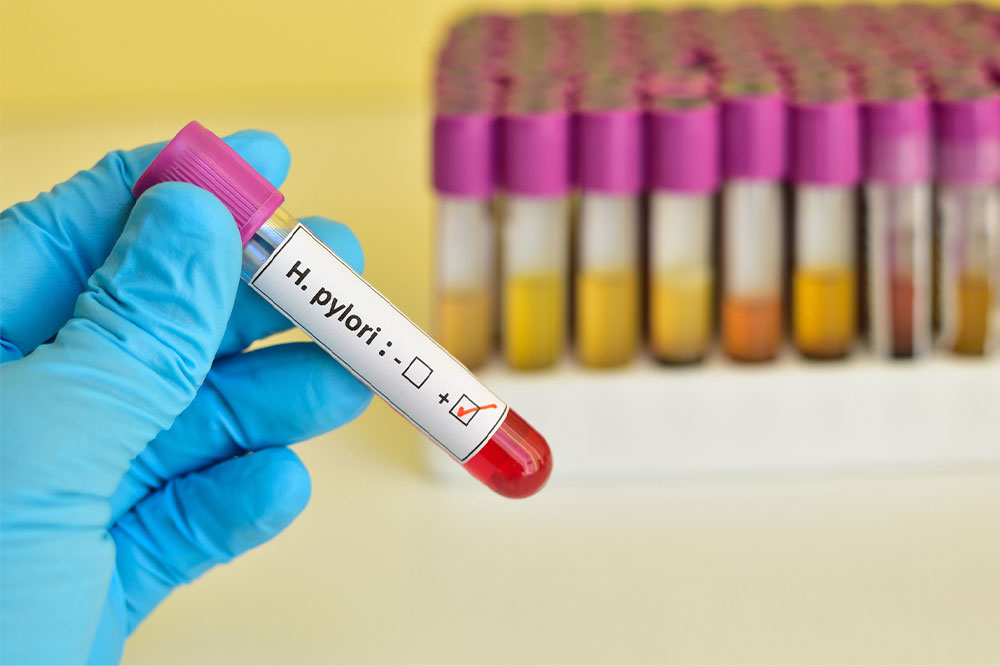
Helicobacter pylori – Symptoms, causes, and management options
A Helicobacter pylori infection, also known as H. pylori, occurs when a Helicobacter pylori bacteria infects one’s stomach. It is a stealthy health condition, which means that most people will not be able to tell when they get it. This health condition is treatable in nature. However, one needs to know certain details about it to help prevent future infection. Here are some key details about this health condition and how it can be treated.
Helicobacter pylori symptoms
Healthcare professionals can diagnose helicobacter pylori in individuals by detecting the following typical symptoms:
- Burning pain in the stomach
Helicobacter pylori tends to damage the inner lining of one’s stomach as it spreads through the digestive system. This damage then causes the infection to spread to other organs like the intestines. As a result, people suffering from this condition tend to develop stomach ulcers. These ulcers are filled with stomach acid. Moreover, the condition causes inflammation in the stomach lining. All of these reasons result in people with this condition having burning stomach pain. - Loss of appetite
The condition affects the plasma ghrelin levels in a person’s body. Due to the location of the ghrelin-producing cells affected by this condition, acylation secretion is compromised by atrophy and chronic gastritis. This, in turn, goes on to negatively affect a person’s appetite. - Diarrhea and vomiting
The all-encompassing damage that untreated helicobacter pylori bring about in the digestive system of an individual disrupts their food absorption and assimilation. This results in issues such as diarrhea and vomiting (due to the food reversing its direction through one’s esophagus) on a common basis. If one faces these issues frequently, then they should visit a healthcare professional for a checkup immediately.
Helicobacter pylori causes
Helicobacter pylori occurs in people in a variety of ways, some of which include:
- Intake of contaminated water
Unclean water contains hundreds of dangerous kinds of bacteria and other microbes that can cause a range of health issues to people. One must purify and boil water before consuming it. Intake of clean running water drastically reduces the risk of developing H pylori. - Coming into contact with an infected person
H Pylori is an infectious disease that jumps from one host to another via sharing meals and cutlery with affected persons, and also other ways such as staying with an infected individual for a long period of time. Social distancing from infected individuals can help them avoid this health condition. Although it is curable, not contracting it in the first place is a welcome idea. - Living in crowded conditions
As one can imagine, a crowded place is the worst area imaginable to stay away from H Pylori. Even if one person in a large group staying together has this disorder, others are likely to contract it too at some point in time.
Treatment options
Generally, healthcare experts advise people to take preventive care instead of resorting to professional treatments when they are down with H Pylori. However, among the treatments are the use of prescription-based solutions to reduce the amount of acid that is produced in the stomach. Other treatments involve blocking histamine production. Histamine is the substance that triggers acid production, a situation that can drastically worsen H Pylori in people.




